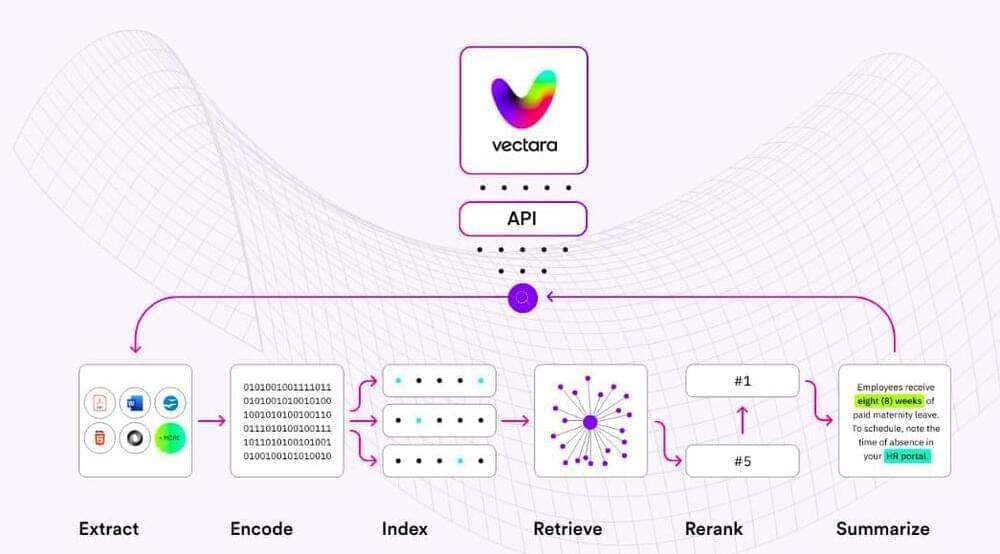I think this could come in handy but can’t watch movies on it. Or do Facebook but if all you do is linked things, yes, great idea.
In this exclusive preview of groundbreaking, unreleased technology, former Apple designer and Humane cofounder Imran Chaudhri envisions a future where AI enables our devices to “disappear.” He gives a sneak peek of his company’s new product — shown for the first time ever on the TED stage — and explains how it could change the way we interact with tech and the world around us. Witness a stunning vision of the next leap in device design.
If you love watching TED Talks like this one, become a TED Member to support our mission of spreading ideas: https://ted.com/membership.
Follow TED!
Twitter: https://twitter.com/TEDTalks.
Instagram: https://www.instagram.com/ted.
Facebook: https://facebook.com/TED
LinkedIn: https://www.linkedin.com/company/ted-conferences.
TikTok: https://www.tiktok.com/@tedtoks.
The TED Talks channel features talks, performances and original series from the world’s leading thinkers and doers. Subscribe to our channel for videos on Technology, Entertainment and Design — plus science, business, global issues, the arts and more. Visit https://TED.com to get our entire library of TED Talks, transcripts, translations, personalized talk recommendations and more.





